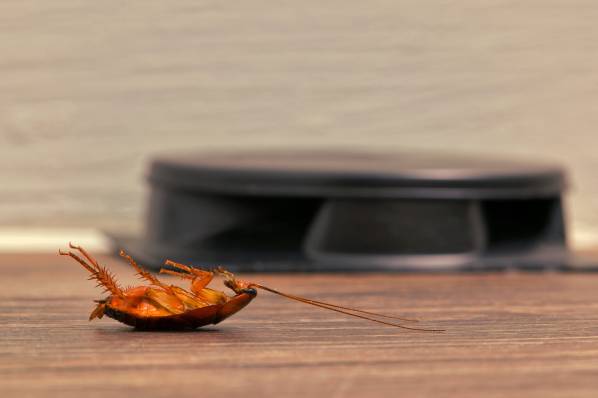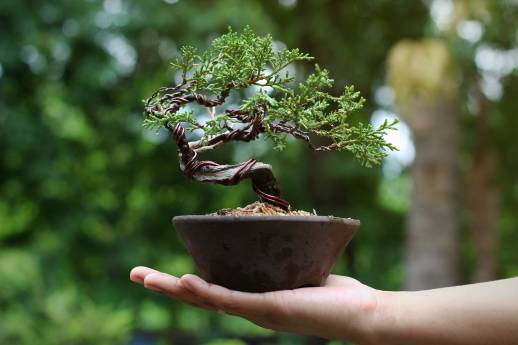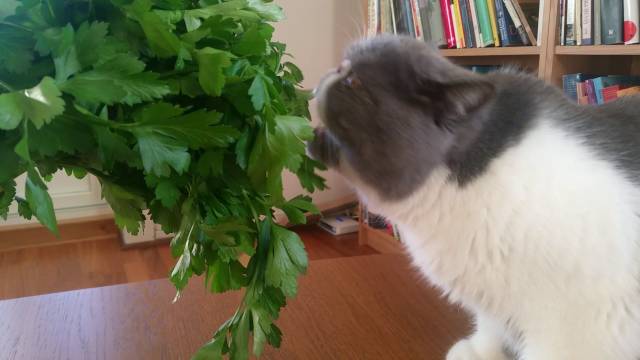
Connect with a verified veterinarian in minutes. Licensed vets are available 24/7 to answer your questions. No need to worry about your furry family member.
Hyacinths are beautiful flowers that appear in the spring. This is a flower that’s extremely popular in flowerbeds. They’re very appreciated for their beauty and their sweet fragrance.
Are hyacinths toxic to cats?
What are Hyacinths?
These are plants that grow from bulbs, which produce long leaves, and spikes of beautiful flowers. They’re very fragrant, and their densely packed blooms come in purple, pink, red, white, yellow, lavender, blue, and apricot.
Are these pretty flowers toxic to cats?
Hyacinths are Toxic to Cats
Yes, hyacinths are toxic to cats. The plants contain allergenic lactones, lycorine alkaloids, and calcium oxalate. Calcium oxalate, produced by many plants, is a type of small sharp crystal, which can become embedded in the mouth and throat tissues.
Hyacinths, if eaten in large numbers, can also cause allergic reactions inside or outside of the body.
The highest concentration of toxins is within the bulb of this plant.

Review symptoms, medications & behavior to keep your pets healthy with a Vet Online in just minutes.
Ask a Vet Live NowSymptoms of Hyacinth Poisoning in Cats
In most cases, cats that eat hyacinth will have mild or moderate symptoms. They can, however, develop more severe symptoms if they eat a large portion of a hyacinth bulb. You may notice these symptoms if your cat has eaten hyacinth:
- Nausea
- Vomiting
- Diarrhea
- Excessive drooling
- Mouth irritation
- Pawing of the mouth
- Depression
- Increased heart rate
- Difficulty breathing
- Tremors
If you know or suspect that your cat has eaten hyacinth, then call the vet immediately. This could be a medical emergency, and your cat needs to be treated as soon as possible.
Treatment of Hyacinth Poisoning in Cats
At the vet’s, they will perform a physical exam and run lab work. If there are still parts of the plant in your cat’s mouth, the vet will remove these. Depending on how recently the cat has ingested the hyacinth, the vet may induce vomiting. . Gastric lavage may also be required.
The vet may also choose to use activated charcoal to help mop up any remaining toxins in the cat’s stomach. The vet will also work to treat any other symptoms your cat may be experiencing.
The prognosis for cats that have eaten a large part of the bulb depends on how soon they receive treatment. In some cases, the cat may not survive. However, if the cat has only eaten a small portion of the hyacinth bulb, then fast treatment will result in a full recovery.
Connect with a verified veterinarian in minutes. Licensed vets are available 24/7 to answer your questions. No need to worry about your furry family member.

Rebecca MacMillan, BVetMed BSAVA PGCertSAM MRCVS
This article has been reviewed and approved by an independent Veterinarian: Rebecca is a companion animal vet who has always had a passion for writing and client communication. Since her graduation from the Royal Veterinary college in 2009 she has gained a wealth of experience in first opinion small animal practice, in both clinical and managerial roles. She currently works in the South West and deals with a variety of routine and emergency appointments, but particularly enjoys medicine cases. Outside of work and writing, she enjoys spending time with her family, including her bouncy flat coated retriever George!
Review symptoms, medications & behavior to keep your pets healthy with a Vet Online in just minutes.
Ask a Vet Live Now




